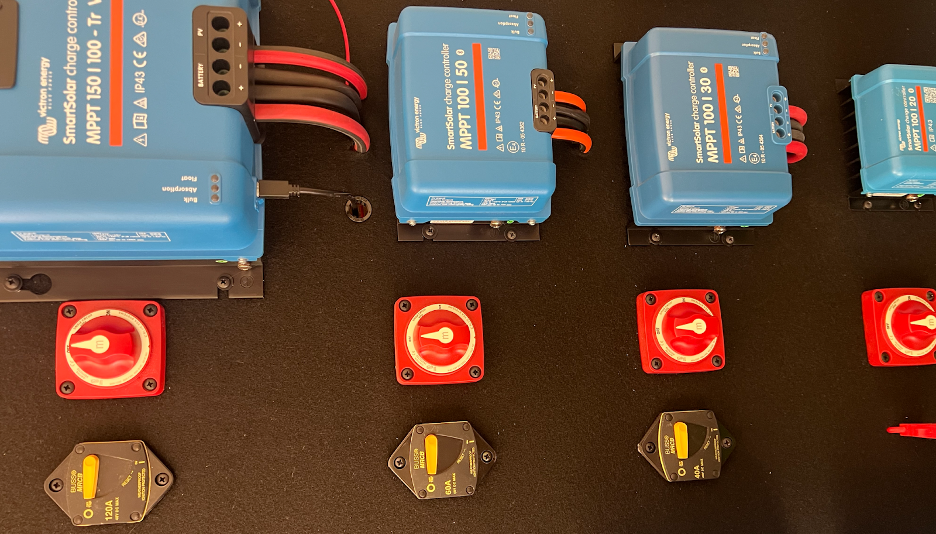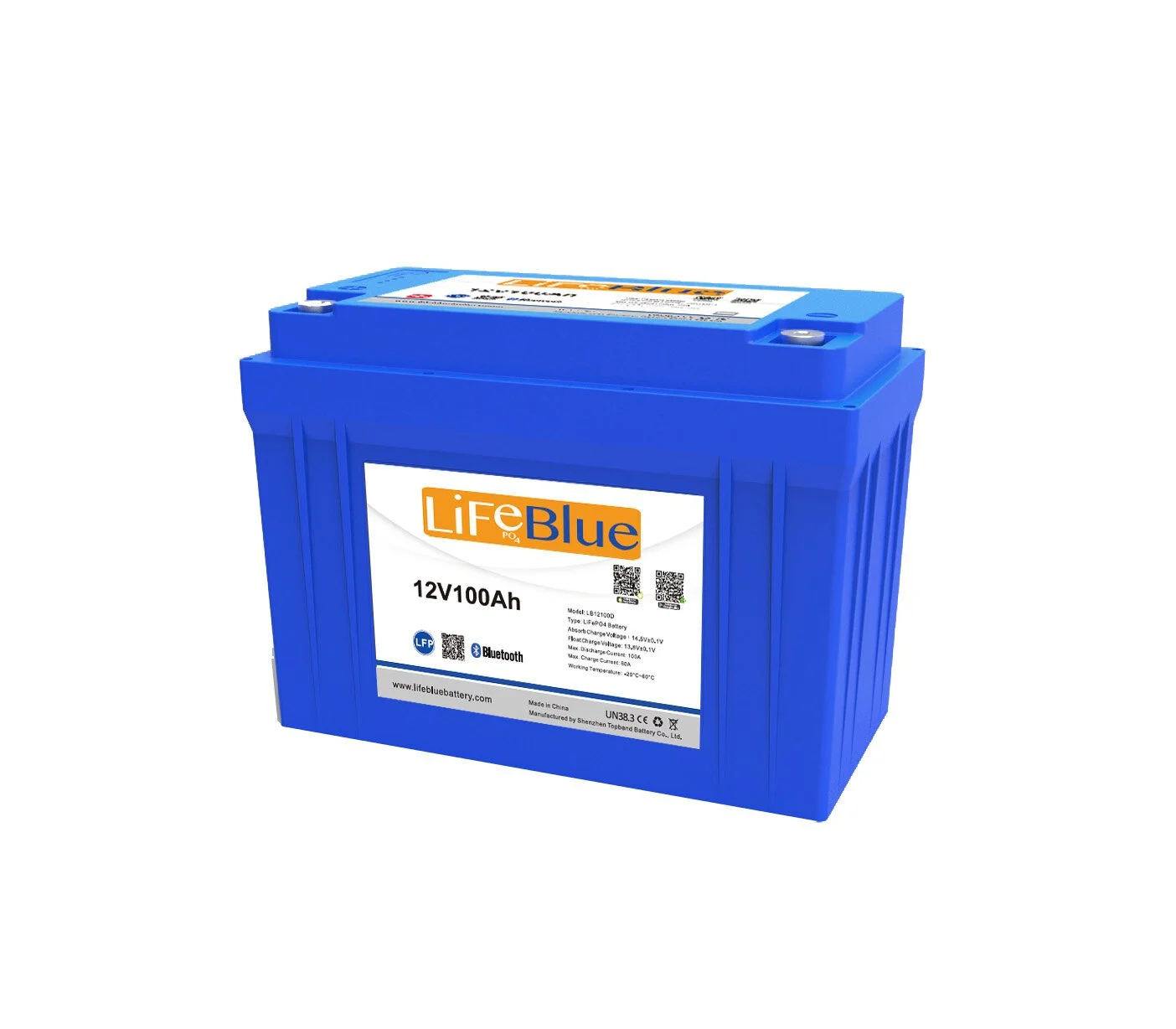Despite what you may read in YouTube comments, it doesn’t require complex engineering calculations to figure out what charge controller you should use for a given solar array. With charge controller specifications, panel specifications, and the ability to perform simple arithmetic, charge controller selection should be quick and easy.
How Much Solar Power Do You Need? Understanding Your Energy Requirements
How Much Solar Power Do I Need? This seems to be the most common question we come across. The answer is… 300W (mic drop) …Not really, although in most cases, 300W is a pretty good answer. The real answer depends on what you want the solar to do for you, and hopefully your expectations are in line with the realm of possibilities, limited by budget, space constraints, and how much power the sun delivers per square foot to your part of planet Earth.
Friends Don’t Let Friends Mount Flexible Solar Panels Directly to Their Roof
It’s been about five years since I last wrote about Flexible Solar Panels and my views still haven’t changed, people (end users and RV dealerships) haven’t stopped mounting them on RV roofs, and the technology hasn’t really advanced. It’s still a bad idea to mount flexible panels directly to the roof of your RV, but RV dealers, manufacturers, and owners still do it, and our installation crew frequently gets tasked with removing them.
DIY vs. Professional Installation: What's Best for Your RV Solar System?
Low-Cost Power System Options: You Get What You Pay For
A Do-It-Yourself lead recently approached us regarding a power system upgrade to their 5th Wheel. After some back and forth, we settled on a design that we felt would meet their needs, allowing them “to enjoy the comforts of home wherever you decide to park it.” We crunched our numbers and delivered the quote.
Top 10 RVs and Their Power System Upgrades
Advantages of 190W Solar Panels
Are you a Class A or 5th Wheel owner struggling to find a solar panel that can efficiently power your RV with obstructions like A/C units, antennas, and vents casting shadows? You’re not alone. As you drive and the sun moves in the sky, these obstructions can drastically reduce the output of traditional solar panels.
Lithium Iron Phosphate (LiFePO4) Batteries and the Advantages
Lithium Iron Phosphate (LiFePO4) batteries, commonly known as LiFePO4 batteries, are a type of rechargeable battery that has gained popularity in recent years. They are an alternative to traditional lead-acid batteries and have many advantages over other types of batteries. In this article, we will explore what makes LifePO4 batteries unique and why they are becoming an increasingly popular choice for a variety of applications. Chemistry of LifePO4 Batteries
Maintain Your Starter Battery While Boondocking
While boondocking can be a great way to experience nature, it also comes with its own set of challenges. One of the most important of these is battery management. Without a reliable power supply, your RV’s starter battery will slowly drain over time. This can lead to premature battery failure and the need for costly replacements.
AM Solar Recommended Installation Tools
AM Solar provides DIY solar kits for outfitting or upgrading your RV, boat, or off-grid solar-powered system. A quality solar system installation requires more than parts– you’ll need tools and equipment to get your system up and running. We’ve put together a list of our favorite and most-used tools, along with why we love them, to make your solar installation go as smoothly as possible. We’ve sorted them into “The Essentials”, “Nice to Have” tools that apply to certain systems, and tools that will “Make Your Life Easier”, especially if you plan to install another solar power system for a friend, family member or as an installer.
What voltage is best for my off-grid system 12V, 24V, or 48V?
What Can a Van Solar Power System Do For You?
Van life is one of the most popular and exciting ways to explore this vast country and see the sights without investing in a large, expensive motorhome or trailer. But while van lifers may be prepared to sacrifice space and privacy, there's one comfort of home they can't do without – power. That's why solar systems are becoming such a popular solution, offering a free, clean, quiet energy source that can be found just about anywhere your van can take you. Let's explore what you need to know.
RV Solar Doesn’t Work
Tips for Cleaning Solar Panels
1. The first thing to remember is that you don’t generally need to clean your panels unless there is an obvious obstruction preventing sunlight from reaching the cells. In our experience, even dirty/dusty panels only lose around 10% production on average. If it rains more than a few times a year where you are (or where you travel), you don’t have to worry about regular cleaning in most cases. This is especially true for vehicles, where the panels can be difficult to access from the ground or where the vehicle roof may not be walkable (Airstreams etc.).
Solar Panels vs Generator for RV
One of the biggest benefits of RV travel is the ability to camp just about anywhere your wheels can take you. But most RVers will agree that camping without the benefit of your full electrical system leaves something to be desired. When it comes to keeping the lights on and the juice flowing while on the go, the choice often comes down to two methods - solar panels vs. a generator for your RV. Each has its own unique pros and cons that may make it more suitable for one type of RVer or another. We're taking a deep dive into these two options to figure out which one's best for you.
How to Jump Your Class A with a Lithium Battery Bank
How Do Orion's & Cyrix's Interface w/ a 7 Pin Connector?
The 12V (#4) lead in the 7-pin harness is the 12V power source from the chassis, and when the tow-vehicle engine is idling the alternator drives the voltage higher thus activating the Orion to charge (permitting programming is correct). However, depending on the chassis manufacturer's setup this source comes in one of three common forms...
240 Volt AC items in an RV setting - don’t try to run them off grid!
240V loads are oversized for inverters. Even if you could operate them it wouldn't be recommended. You can only use 240VAC loads when on 50 amp service. We simply don't support off-grid 240VAC at this time.
We do not recommend Autotransformers, and can't support them at all. You would honestly be better off with a dual inverter system in many cases!
Fortunately, these are all the 240VAC items that we are aware of for RVs.
DC/DC Charger (Orion) vs. Battery Combiner (Cyrix)
DC/DC Charger
This device draws current from the starter battery/alternator and transforms it into three-stage charging for a house battery. The charger can step-up or step-down the input voltage to supply the house battery bank with whatever it needs depending on the battery chemistry. The charging profile can be programmed via Bluetooth. Because of the ability to regulate voltage, a DC/DC charger can charge a house battery bank up to 100% state of charge. A Victron Orion is rated for 30A of charging current. Multiple Orions can be paralleled for more current. The Orion comes in non-isolated and isolated models. Isolated models will work in all applications. Non-isolated models are not recommended for trailers.



















